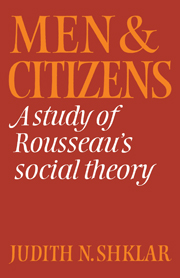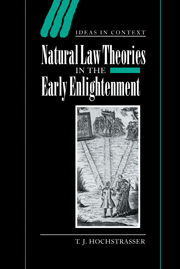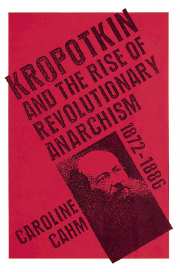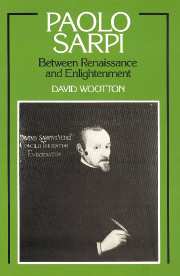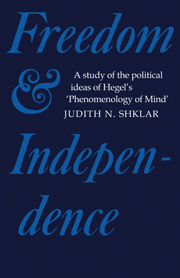Men and Citizens
This book, first published in 1969, is widely regarded as one of the best studies of Rousseau's thought in any language. In it, Professor Shklar examines Rousseau's central concern: given that modern civilisation is intolerable and a return to the state of nature impossible, how is man to arrange his existence in society? Shklar organises the study around Rousseau's two conceptions of Utopia: the Spartan city and the autonomous family group. She emphasises the importance for Rousseau of psychological factors and shows how, when mediated through his images of authority and use of metaphor, they bring him to his notorious view that man is 'everywhere in chains'. In Shklar's view, Rousseau's conclusion is almost equally pessimistic: the chances are very remote that we can overcome the psychological obstacles to become both men and citizens.
Reviews & endorsements
' … both original and stimulating … solidly constructed and marked by a truly impressive grasp of Rousseau's elusive thought … The excellence of this book is undeniable … deserves the widest possible attention.' The American Historical Review
Product details
June 1985Paperback
9780521316408
268 pages
216 × 140 × 15 mm
0.35kg
Available
Table of Contents
- Preface to the 1985 edition
- Preface to the first edition
- List of abbreviated works
- 1. Two journeys to utopia
- 2. Moral psychology
- 3. The empire of opinion
- 4. Images of authority
- 5. 'One nation, indivisible …'
- 6. Postscript: considering Rousseau
- Appendix: A brief summary of the Nouvelle Heloise and Emile et Sophie ou les Solitaires
- Index.

